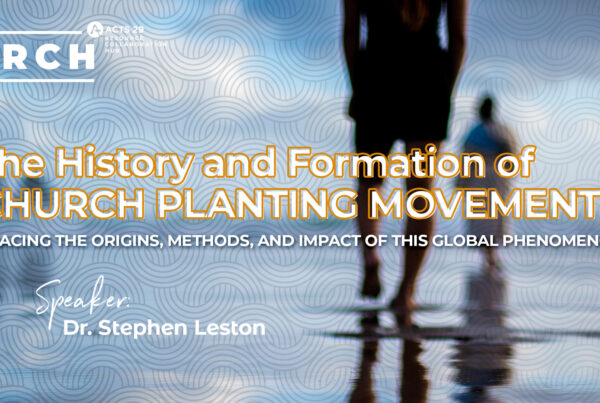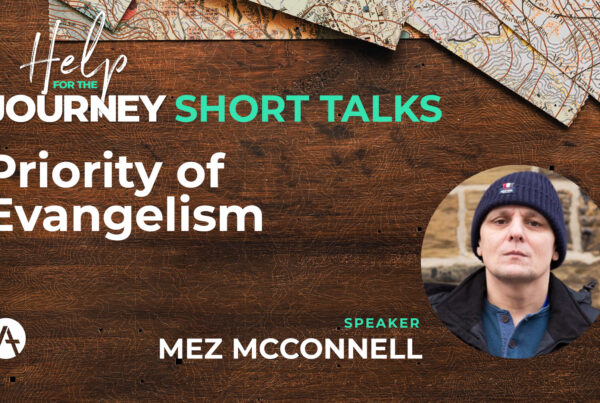Guest Blog: Reformed Theological Seminary – Sponsors of Dallas 2015
Sometime over the last few years, I started referring to Paul’s letters to Timothy and Titus as the Seminary Epistles. I knew that this short three-book series is, of course, usually called the Pastoral Epistles, but I also noticed that, while Paul’s tone and content are clearly “pastoral” in the broad sense of that word, he is nevertheless dealing with the work of training and equipping young pastors to serve congregations.
Sounds like seminary to me.
At our campus, we have been working through these unique letters by Paul during our staff meetings, and we have rarely struggled to find application of Paul’s teaching in the life of the seminary.
Oddly, the distance between Paul’s day and today seems diminished when reading these letters. For instance, he warns Timothy against speculative theology that confuses faith (think freshman year religion classes at the state university), and he cautions against idle theological chatter (1 Tim 1:6; 4:29; 2 Tim 2:16; Titus 3:9), as if he is glancing at his twitter feed as he writes (*apostolic smh*).
So how do I as a seminary president take Paul’s teaching let it form the way I prepare my students for their pastoral callings? Here are just a few ways.
A Theology of Love
First, Paul begins his letter to Timothy by talking about the importance of holding fast to sound doctrine, but many seminary students may be surprised by what Paul posits is the “aim” of such a concern. Why avoid false teaching? Because it steals from us the “love that issues from a pure heart and a good conscience and a sincere faith” (1 Tim 1:5). In other words, proper knowledge of the Lord and his word benefits us because it leads us toward a deeper and more sincere love of him.
Why avoid false teaching? Because it steals from us the “love that issues from a pure heart and a good conscience and a sincere faith”
Regrettably, “love” is not the first word that comes to mind when people think of “theologian,” which is why I believe it is absolutely crucial that this goal of seminary training is clarified at the beginning of study and reiterated throughout. My students get tired of hearing me talk about how theology’s proper aim is a life transformed by the love of Jesus Christ, but it is just that important. If learning results merely in an increased cognitive inventory, then such learning has missed the point.
My teacher, John Frame, defines theology as the teaching of Scripture applied to situations in life. That sounds about right to me. Theology must find its root in the Scriptures and its fruit in the transformed life.
The Influence of Behaviors and Beliefs
This second point flows logically out of the first. If theology ought to transform the human life, then the behaviors and beliefs of the human life also influence the way one does theology. Paul does not accept a strong break between doctrine and other beliefs and behaviors. That is why he does not pick men for ministry merely based on their intellectual capacity and theological prowess. He is much more interested in their faithful character.
For Paul, the way a man lives reveals more about his heart than what he says. While we must presume a credible profession of faith when looking at the prerequisites for leadership found in 1 Tim 3:1-13 and Titus 1:5-9 we must also recognize that Paul’s emphasis is firmly on the behavior of the leader. Is he a mature believer? Is he peaceable, content, hospitable, faithful in marriage, sober, and teachable? That’s what we should look for in a pastor.
There is a reciprocal relationship between our lifestyle and our theology with each influencing the other. That’s why we should not be surprised when we discover that leaders who are given to aggression have anemic theologies of peace and forgiveness, and leaders with struggling marriages avoid preaching from texts that deal with marital love and commitment.
More often than not, we cannot see these blind-spots for ourselves. We need comrades, close friends who know us and love us so that, when it comes time speak hard truths, they can do so in a way that is sincere because it is offered in the context of deep relationship. Seminary can provide the groundwork for such relationships only if it provides a learning community in which students can grow together in common training, discussing the material, sharpening one another, and helping one another.
Many of my most profound and caring relationships began in seminary and have developed in the years since as my friends and I have pursued our mutual callings.
Stewardship of the Gospel
Thirdly, Paul speaks of the gospel as a “deposit” or “trust” (1 Tim 6:20; 2 Tim 1:12, 14) as well as something that has been “entrusted” to him (1 Tim 1:11; Titus 1:3). The gospel message articulates the way of the salvation, what the apostle Peter calls “the words of eternal life” (John 6:68). As such, the pastor is the holder of the words of life, a possession not to be hoarded or ignored, but rather to be distributed to the worshiping community and the world beyond.
We are the keepers of the fire, the confession that Christ is Lord.
We are the keepers of the fire, the confession that Christ is Lord.
The seminary’s role in this act of entrusting is to deepen the student’s engagement of God’s word and his ability to articulate it in the contemporary vernacular. Rigorous theological study and research can seem superfluously cerebral if it is not directed toward a profound encounter of the character of God.
As has been said, the Scriptures are a puddle where a child can play and an ocean where a grown man can drown. That is why students should seek professors who are trained in the reading God’s word in the original languages and contexts as well as applying them in common language of today. We would not employ a lawyer, doctor, or electrician who had never been trained in his profession; why do we think pastors are different?
The good news is that pastoral training is not merely a human endeavor. It depends on the Holy Spirit’s attending to and illuminating the reading and preaching of God’s word. If you consider a seminary, consider its faculty, the sort of people they graduate, and the things the students say they love most about the program. Such an inquiry will tell you much.
What Paul emphasizes about pastoral ministry in these three letters tells me how I should think about the work of pastoral preparation. As pastors, you have been entrusted with a gift that will transform your life, so you should resist the temptation to reduce it down to a mere intellectual endeavor.
Your character matters, so repent.
But you have the words of life, so believe.
Reformed Theological Seminary is one of our sponsors for the Dallas 2015 conference – Nov 12-14. For further details on how to book, and to take advantage of our exclusive hotel offer for the conference, click below.










